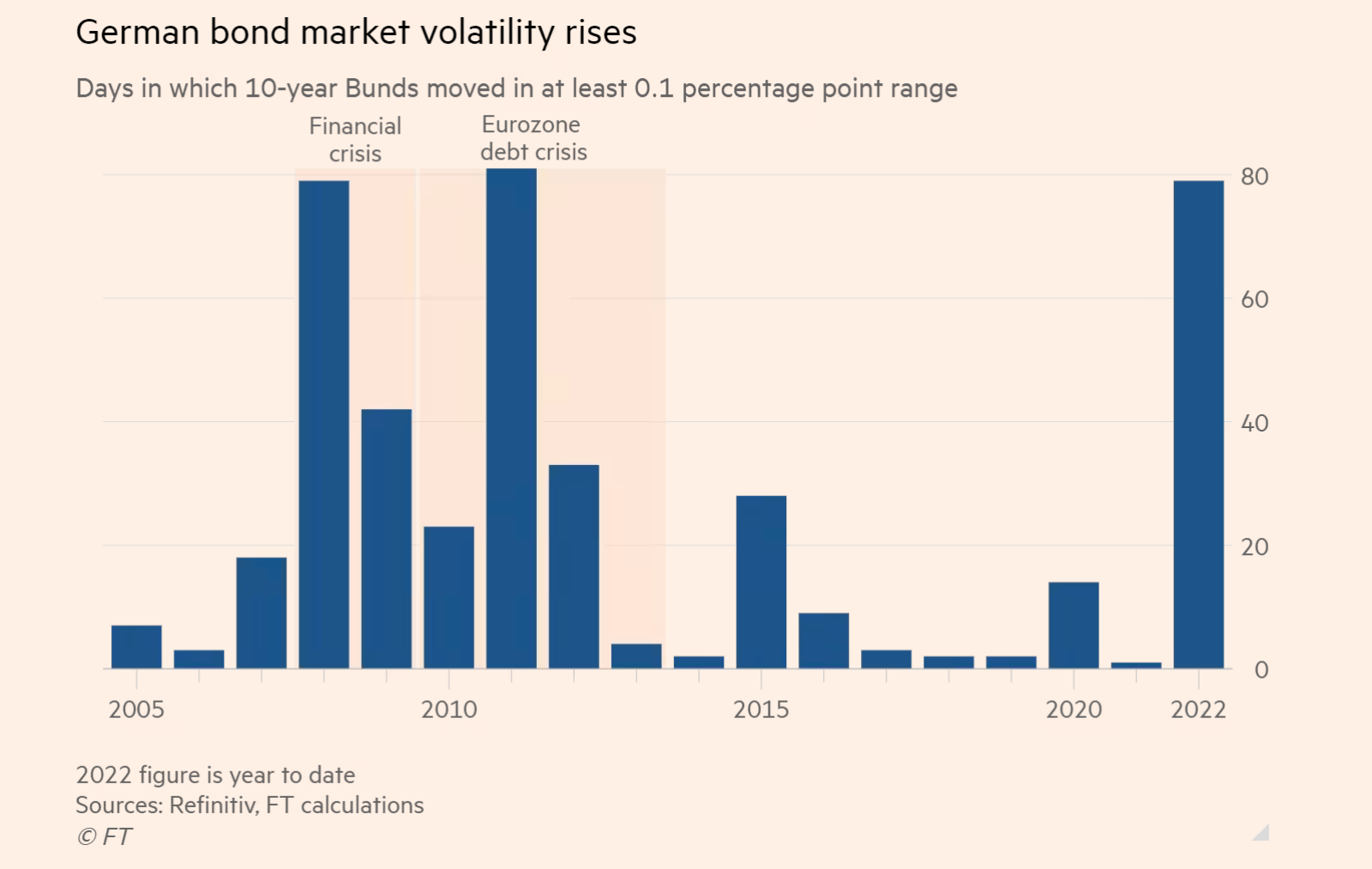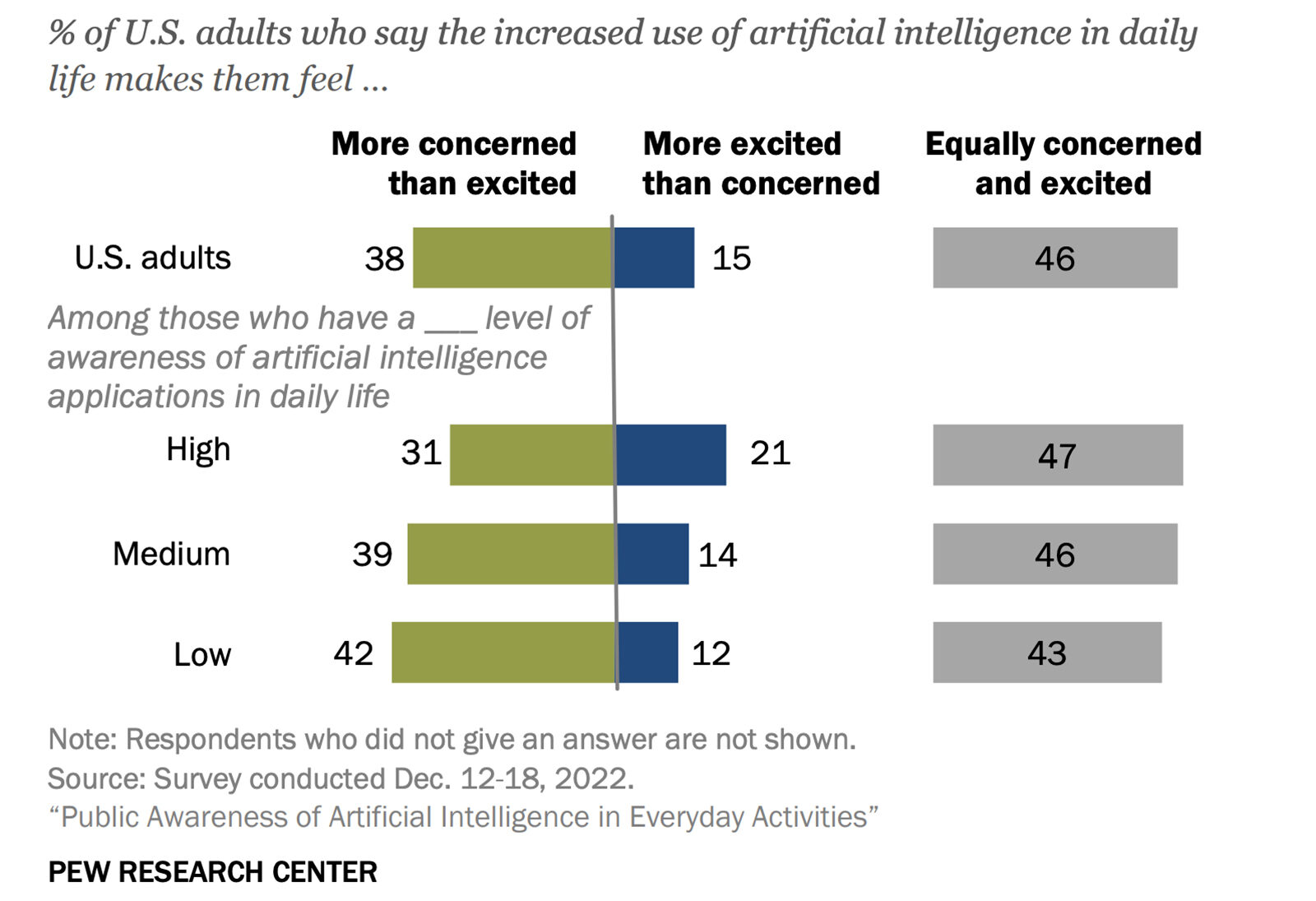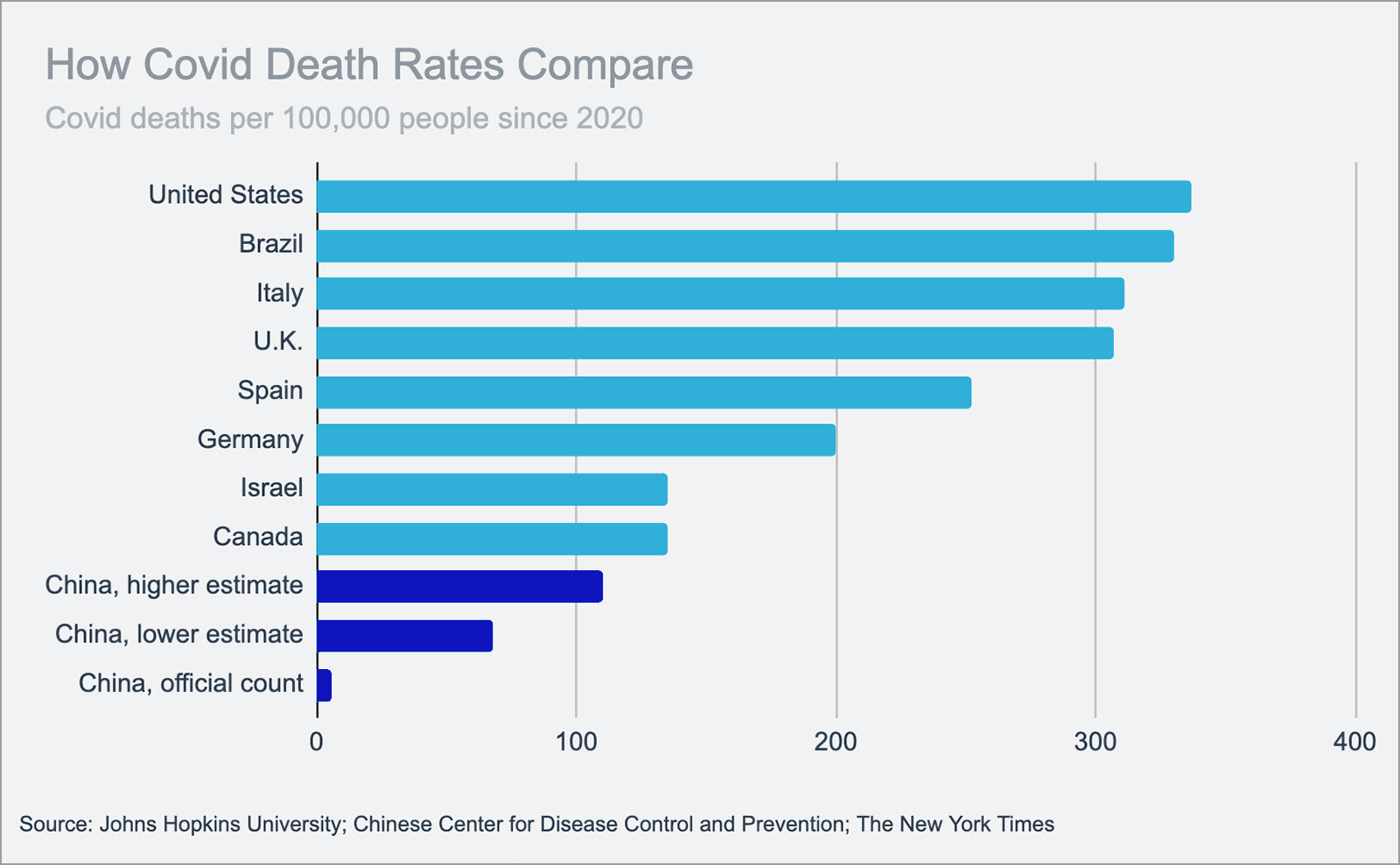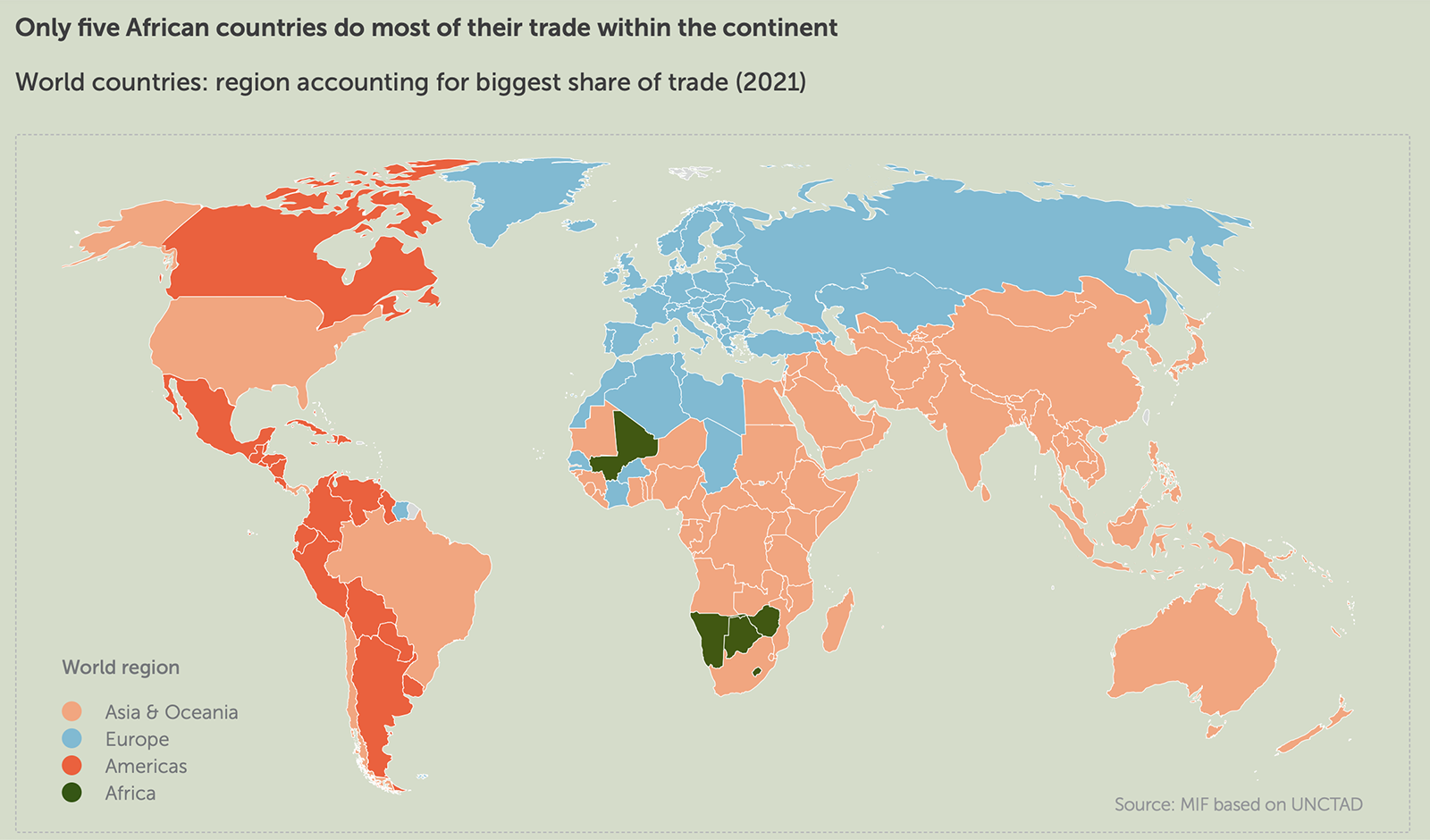Recession Fears Drive Volatility in German Bonds

The eurozone bond market is experiencing volatility at levels last seen during the 2011 eurozone debt crisis and 2008 financial crisis, as uncertainty about rising interest rates and recession fears continue to grow.
Germany — the benchmark for the euro — has seen swings in its 10-year bund (German federal bond) of at least a 0.1 percentage point range on 79 days in 2022, reports the Financial Times. The spread between German and Italian 10-year-yields was at its highest level this month, near 2.3 percentage points.
Liquidity in bond markets has been impacted by a looming recession and the European Central Bank’s continued interest rate hikes. The ECB has signaled that it will raise interest rates another half percentage point at its meeting on September 8 in an attempt to curb inflation. Inflation in Germany is forecast to rise above 10% for the first time in 70 years, and eurozone inflation reached a record high of 8.9% in July.
Adding to investors’ worries is the ECB’s slowdown on its bond-buying programs, including the end of its 1.7 trillion euro ($1.7) Pandemic Emergency Purchase Programme and the expected third-quarter end of its €3.3 trillion ($1.3) Asset Purchase Programme.





